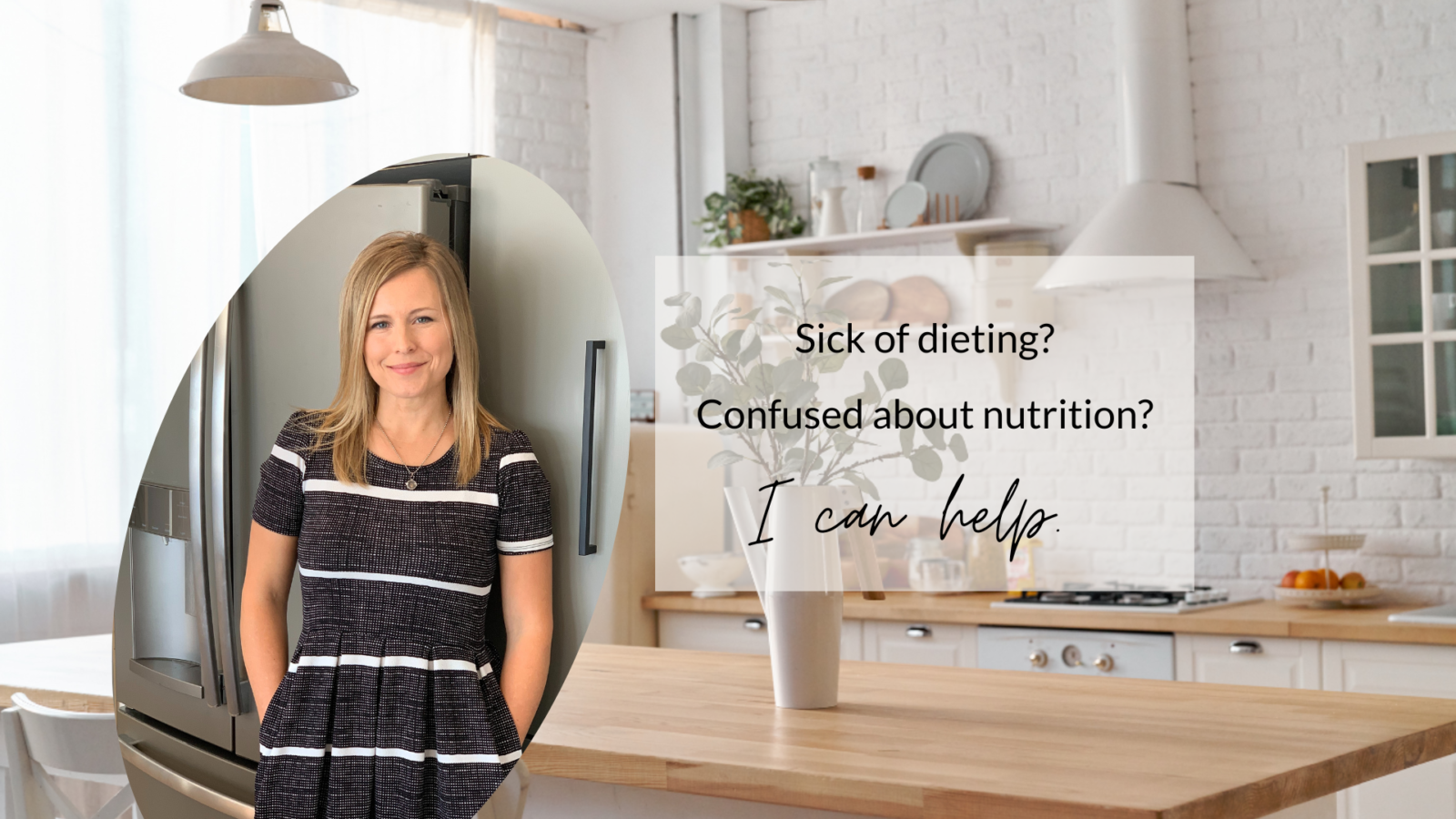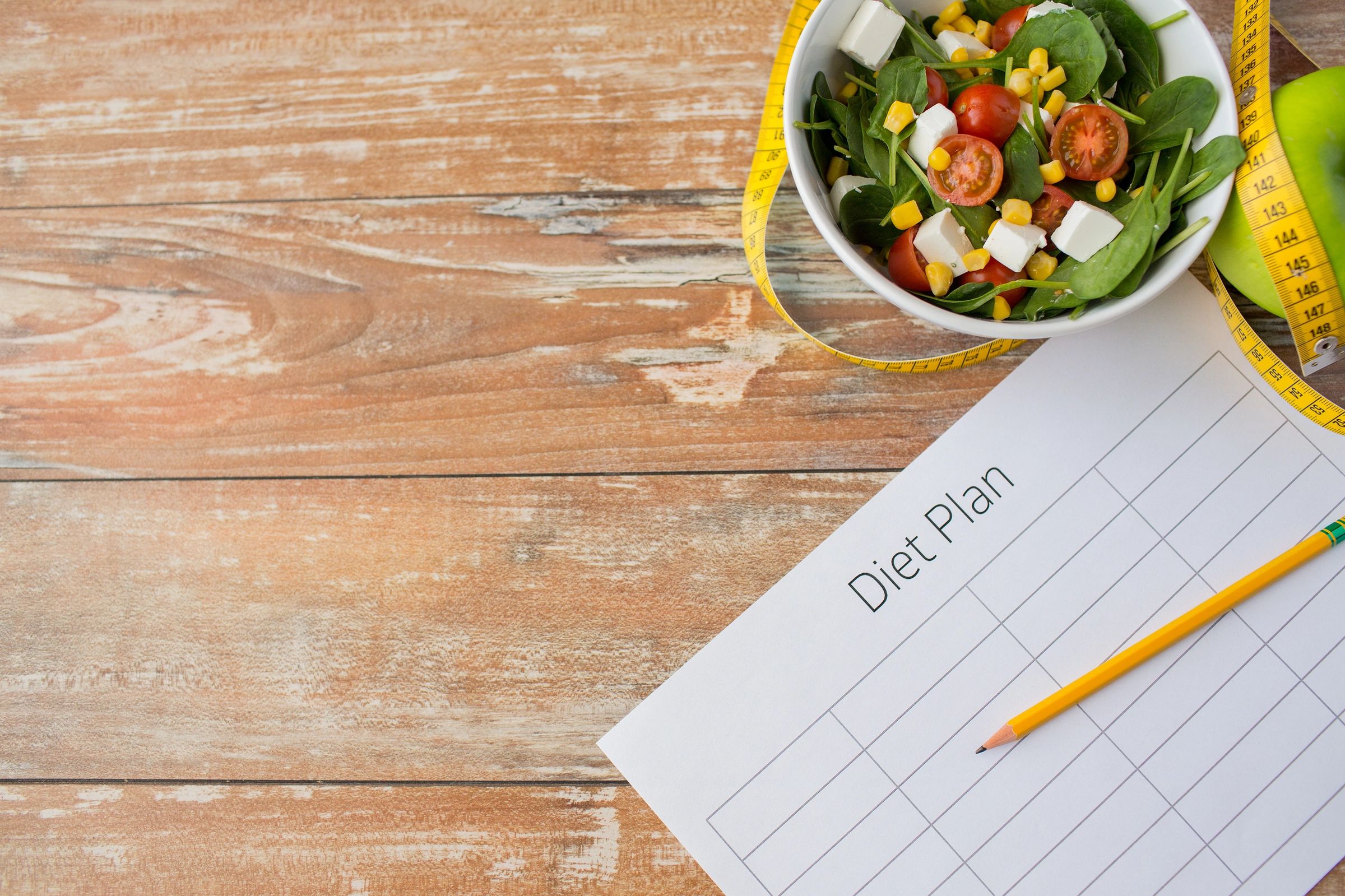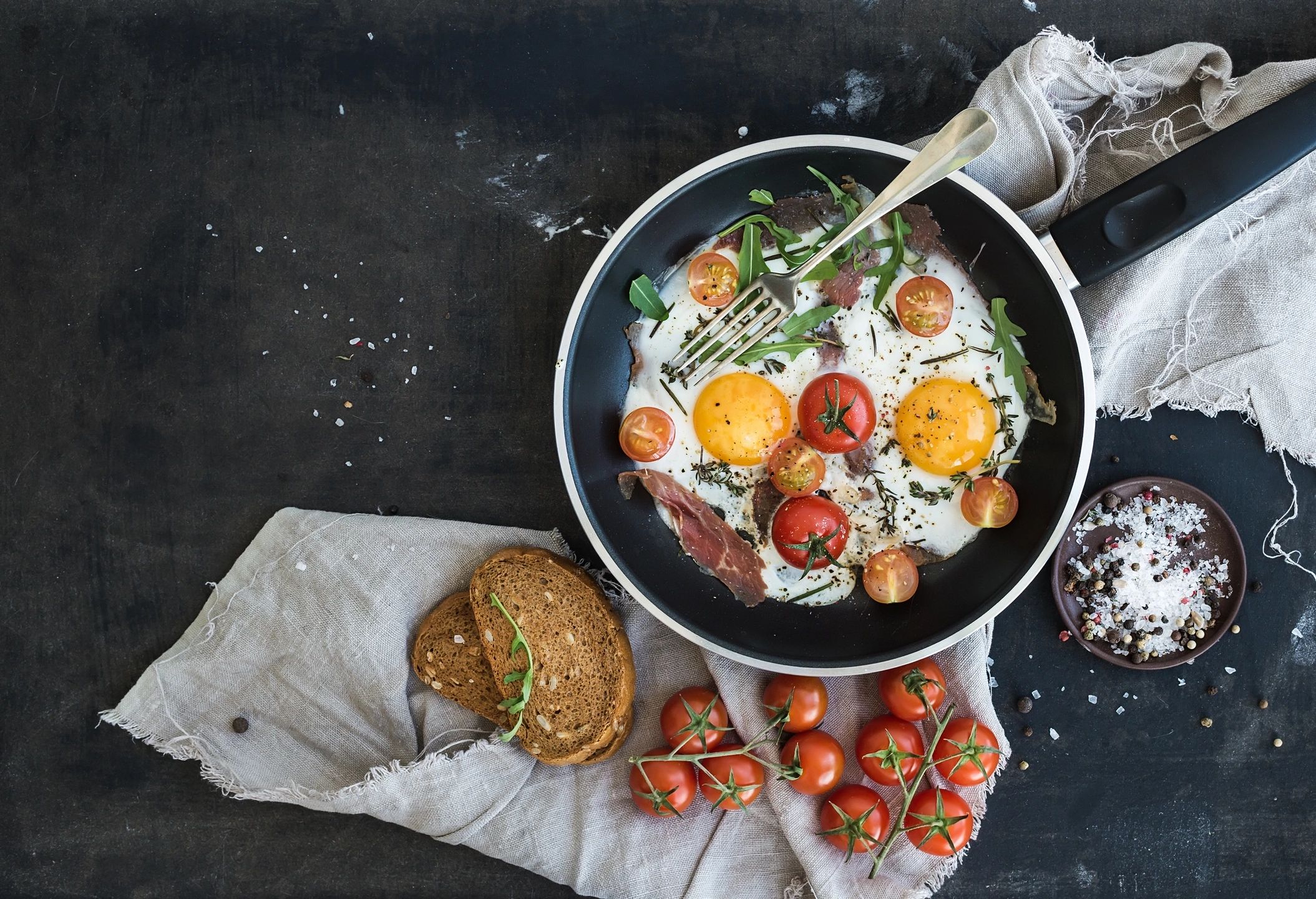If you look up the word “diet” in the dictionary, you will find that “diet” is both a noun and a verb.
diet (n.): the kinds of food that a person habitually eats (v.): a special course of food to which one restricts oneself to lose weight
I’m going to be talking about the verb… the process by which you muster up as much will power as you can to avoid eating the very foods you love. You deny yourself the right and freedom to eat what your body is craving, for the mere hope that you can get to your ideal weight. (If your goal weight or ideal body is even attainable.) You go to bed dreading to wake up at 5 a.m. so you can go to the gym to get in your workout for the day, because you know that if you aren’t sweating and pushing your body to the limit, it doesn’t count. You weigh yourself every morning, making sure that you go to the bathroom first and remove all of your clothing before stepping on that scale just praying that the number is lower than it was the day before. You do this day after day, missing out on birthday parties and other social gatherings because you don’t want to be tempted to ruin your “diet”.
You continue on your diet and you do lose weight. You feel good. You are excited about your progress, and you may reward yourself with a new outfit. Because you are feeling so great, you start allowing yourself to once again have those forbidden foods or skipping the gym justifying that you “deserve” it. Before you know it, you’ve gained all of the weight back, and you might even weigh more now than before you ever started dieting! So you make a pledge to start your next diet on Monday, and thus begins the never-ending cycle of yo-yo dieting. Sound familiar?
What a horrible life to live. Not only is it detrimental to your health, but also to your mind. A constant roller coaster of emotions… you feel bad about your body, so you lose weight, which then makes you feel good… only to gain the weight back and feel bad again.
Guilt. Shame. Failure.
If you are a chronic dieter, how do you quit? At what point do you begin to accept your body for what it is, to have enough respect for yourself to stop the self-induced suffering, and to live with freedom from food. In my future blog posts, I’ll be addressing this issue. Empowering you with concepts to take back your life.
In the meantime, here are some books that I can recommend to you:
- “Intuitive Eating” by Evelyn Tribole & Elyse Resch
- “Health at Every Size” by Linda Bacon
- “Grace Food and Everything in Between” by Aubrey Golbeck, MS, RD
Until next time… eat with grace.
Originally published on November 14, 2013, book list was updated in 2021.




In what way do you disagree with the “gentle nutrition” chapter? I value your perspective and would like to know what you think.
Hi Lisa – In the first 2 editions of the Intuitive Eating book, the gentle nutrition chapter included a lot of information about a “low-fat” diet, which is not necessary recommended anymore. I just looked at the new edition, and all of the low-fat recommendations were removed. So to answer your question, there is nothing that I currently disagree with in this chapter. I’ll go back and update my blog post about this. Thank you for reaching out:)